ALPHR UK
Letchworth, Hertfordshire, SG6 1UG
Need more information, or thinking about working with us?
Industry 4.0 & IIOT

Industry 4.0 & IIOT
Industry 4.0 is a term used to describe the current trend of automation and data exchange in manufacturing. It represents the fourth industrial revolution, following on from previous eras of mechanisation, mass production and automation, and the use of computers in manufacturing.
Digital and Physical System Integration
Industry 4.0 is characterized by the integration of digital and physical systems, the use of advanced technologies such as the Internet of Things (IoT), artificial intelligence (AI), machine learning (ML), robotics, and 3D printing, and the increasing use of data analytics to improve efficiency, productivity, and quality in manufacturing processes.
Overall, the goal of Industry 4.0 is to create a more flexible, efficient, and intelligent manufacturing environment, with the ability to quickly adapt to changing customer needs and market demands.
Sustainable Automation Technology
Industry 5.0 adds emphasis on sustainability and social responsibility,
By using data analytics and real-time monitoring, ALPHR can assist its customers to quickly identify and address issues in the production process, reducing downtime and improving overall efficiency. With a number of solutions available, ALPHR works closely with our clients to help advise and implement this technology seamlessly into our automation offerings.
Be Productive
Moving to Industry 4.0 means enjoying the advantages of using modern smart technology. Moving to Industry 5.0 means the workforce is supported, not superseded by robots, and there is an optimal balance between productivity and efficiency. In each case, this means you can produce more, more quickly, more efficiently and more cost effectively.
Be Proactive
Proactive maintenance means less downtime and minimizes unplanned stoppages.
Increased productivity
Increased efficiency
Moving skilled resources to higher value tasks.
Increased resilience
Increased competitiveness
Increased quality
Key Production Benefits
The core philosophy of automation means that machines are built with these qualities in mind:
Reliability
Availability
Maintainability
Safety
Key Engineering Benefits
Creating a Roadmap to Automation means reviewing your current manufacturing processes, interrogating them, and identifying where improvements can be made through automation. This means:
Improved efficiency
Quality
Consistency
Traceability
Proactive maintenance
This offers benefits around greater job satisfaction, better value from staff and a safer working environment.
Smart Benefits
Using automation and moving to Industry 4.0 means enjoying the advantages of using modern smart technology. Moving to Industry 5.0 means the workforce is supported, not superseded by robots, and there is an optimal balance between productivity and efficiency. In each case, this contributes to greater:
Cost control and cost reduction
Forecast-ability and predictability
Efficiency
Flexibility
Increased return on investment

